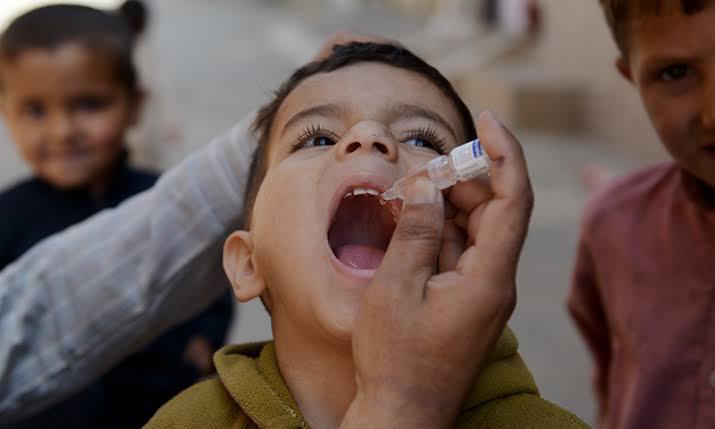Pakistan suffers from low routine polio immunization coverage, necessitating a rigorous evaluation of community acceptance and vaccination hurdles in order to inform responsive interventions. A qualitative investigation was done in the rural, underresourced district of Tando Muhammad Khan, Sindh, Pakistan. Few reported clear refusals to vaccinate. Caregivers were either indifferent about vaccination or had an unmet need to learn more. A lack of knowledge, confusion about polio, and a fear of adverse effects typified the beliefs of carers. There were no significant religious considerations. Second, health systems’ difficulties of hurried and infrequent vaccination interactions, caused by LHWs’ inability to deal with the vaccine counter-narrative, impeded vaccine distribution to villages. Thirdly, time and public transportation limited accessibility to Extended Program on Immunization locations. Nevertheless, female carers typically made decisions regarding immunization without consulting male household members, as the child’s health was seen as the most important factor. Polio vaccine services are limited by an inadequate vaccination narrative.
Social Profiles of Vaccine Refusal % in Sindh
0
- Trending
- Comments
- Latest
Dublin’s Closed Israeli Embassy Becomes Palestinian Museum
December 27, 2024
Russia to Build 8 Nuclear Power Plants in Iran
June 21, 2025
Trump Meets Pakistan’s Army Chief Amid India Tensions
June 19, 2025
Observer Diplomat is a preeminent International Affairs and Diplomatic Magazine distinguished by its women-led editorial team. Committed to delivering in-depth analyses of global events, we offer a unique and nuanced perspective on international news. Our magazine serves as a beacon of knowledge, presenting a comprehensive understanding of the intricate dynamics shaping the world today.
© 2023 observerdiplomat
















